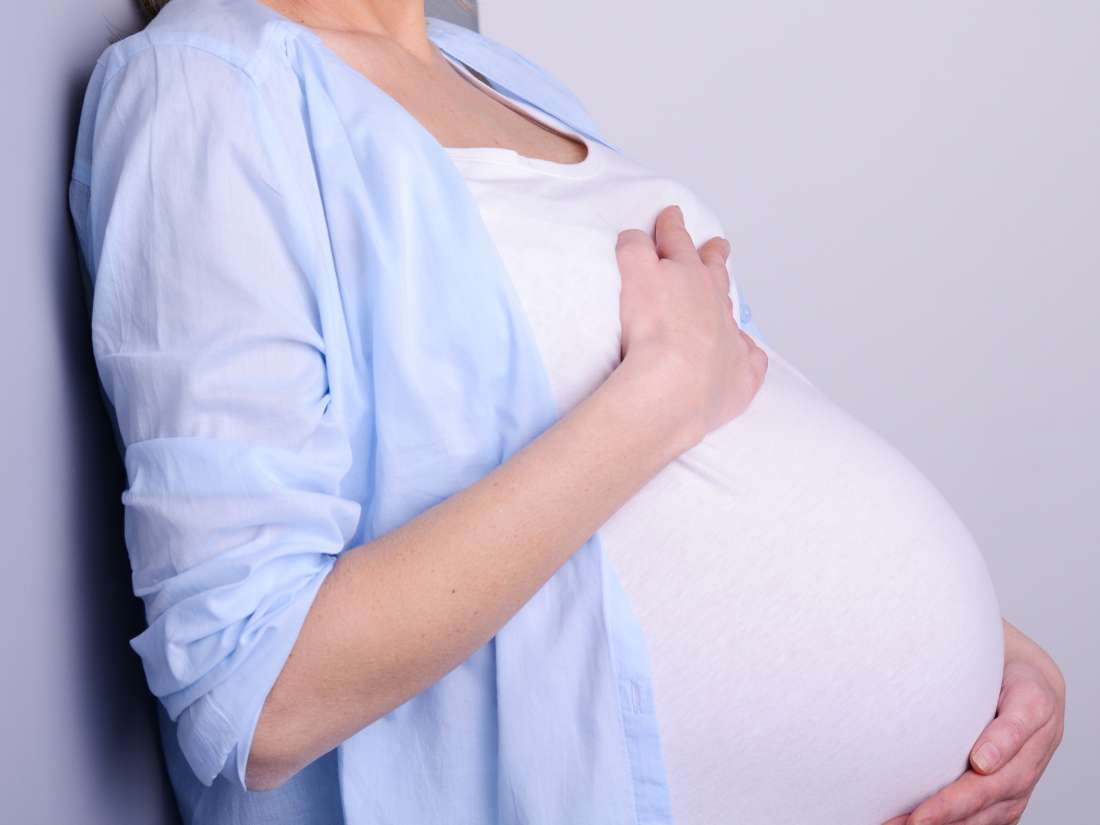can a woman get pregnant after menopause
Can a Woman Get Pregnant After Menopause?

Many women wonder if it is possible to get pregnant after menopause. Here are some of the most frequently asked questions on this topic:
- Can a woman conceive naturally after menopause?
- Can a woman get pregnant with medical assistance after menopause?
- What are the risks of pregnancy after menopause?
- What is the average age of menopause?
- What are the symptoms of menopause?
- Are there any natural remedies to alleviate menopausal symptoms?
- Can menopause symptoms be managed with medications?
- How long do menopause symptoms typically last?
- What can I do to support someone going through menopause?
- Can menopausal women still enjoy a healthy sex life?
- Is it necessary to see a doctor during menopause?
- What are the long-term effects of menopause?
- Can menopause cause weight gain?
- Is hormone replacement therapy (HRT) safe?
Natural conception after menopause is highly unlikely. Menopause marks the end of a woman's reproductive years, and the cessation of ovulation and menstruation. Without viable eggs, fertilization and pregnancy are not possible.
It is technically possible for a woman to conceive with the help of assisted reproductive technologies such as in vitro fertilization (IVF) or using donor eggs. However, these methods involve complex medical procedures and should be discussed with a fertility specialist.
While pregnancy after menopause may be possible with medical assistance, it carries certain risks. Advanced maternal age is associated with a higher likelihood of pregnancy complications such as gestational diabetes, high blood pressure, and chromosomal abnormalities in the fetus.
The average age of menopause is around 51 years. However, menopause can occur anywhere between the ages of 45 and 55, and the timing may vary among individuals.
Menopause is characterized by a range of symptoms that may include hot flashes, night sweats, irregular periods, mood swings, vaginal dryness, and decreased libido. These symptoms can vary in severity and duration for different individuals.
While there is no cure for menopause, certain lifestyle changes and natural remedies may help alleviate symptoms. These can include regular exercise, a healthy diet, stress reduction techniques, herbal supplements like black cohosh or red clover, and hormone replacement therapy (HRT) if recommended by a healthcare professional.
Yes, medication options exist to manage menopause symptoms. Hormone therapy, both estrogen-only and combination (estrogen plus progestin), is a commonly prescribed treatment. Non-hormonal medications like selective serotonin reuptake inhibitors (SSRIs) and gabapentin can also be effective in relieving certain symptoms.
The duration of menopausal symptoms can vary widely. Some women may experience them for just a few months, while others may have symptoms for several years. On average, symptoms persist for around four years, but individual experiences may differ.
If someone you know is experiencing menopause, there are several ways you can offer support. Listen to their concerns, educate yourself about menopause, and provide emotional support. Encourage them to seek medical advice if needed and be understanding of any mood swings or changes in behavior.
Absolutely. While menopause can bring changes in sexual desire and physical responses, many women continue to have fulfilling sex lives after menopause. Open communication with a partner, lubricants to combat vaginal dryness, and exploring new ways of intimacy can help maintain a satisfying sex life.
Regular visits to a healthcare provider during menopause are essential to monitor any potential health issues and discuss symptoms and concerns. A doctor can provide guidance on managing symptoms, offer appropriate treatments if needed, and ensure overall well-being.
Menopause itself is a natural biological process and not a medical condition. However, the hormonal changes it brings can contribute to an increased risk of certain health conditions. Women may be more prone to osteoporosis, heart disease, and weight gain after menopause. Leading a healthy lifestyle, including regular exercise and a balanced diet, can help minimize these risks.
Weight gain and changes in body composition are common during menopause. Hormonal fluctuations, decreased metabolism, and lifestyle factors can contribute to this weight gain. However, adopting a healthy eating plan and maintaining an active lifestyle can help manage weight and prevent excessive gain.
Hormone replacement therapy (HRT) can be safe and effective for managing menopause symptoms in many women. However, individual circumstances, medical history, and risk factors must be carefully considered. It is important to discuss the potential benefits and risks of HRT with a healthcare professional before making a decision.
Menopause and pregnancy: All you need to know

In this comprehensive article, we will explore various aspects related to menopause and pregnancy:
- Definition and stages of menopause
- Signs and symptoms of menopause
- The impact of menopause on fertility
- Preparing for pregnancy during menopause
- Assisted reproductive technologies for menopausal women
- Risks and considerations for pregnancies in menopausal women
- Recommended medical screenings and tests
- Lifestyle and dietary recommendations for menopausal women
- Support and resources for women experiencing menopause
- Common misconceptions about menopause and pregnancy
- Personal stories and experiences of menopausal women who became pregnant
- Guidance for partners and loved ones of women going through menopause
- Long-term health effects and considerations
- Conclusion and closing thoughts on menopause and pregnancy
Posting Komentar untuk "can a woman get pregnant after menopause"